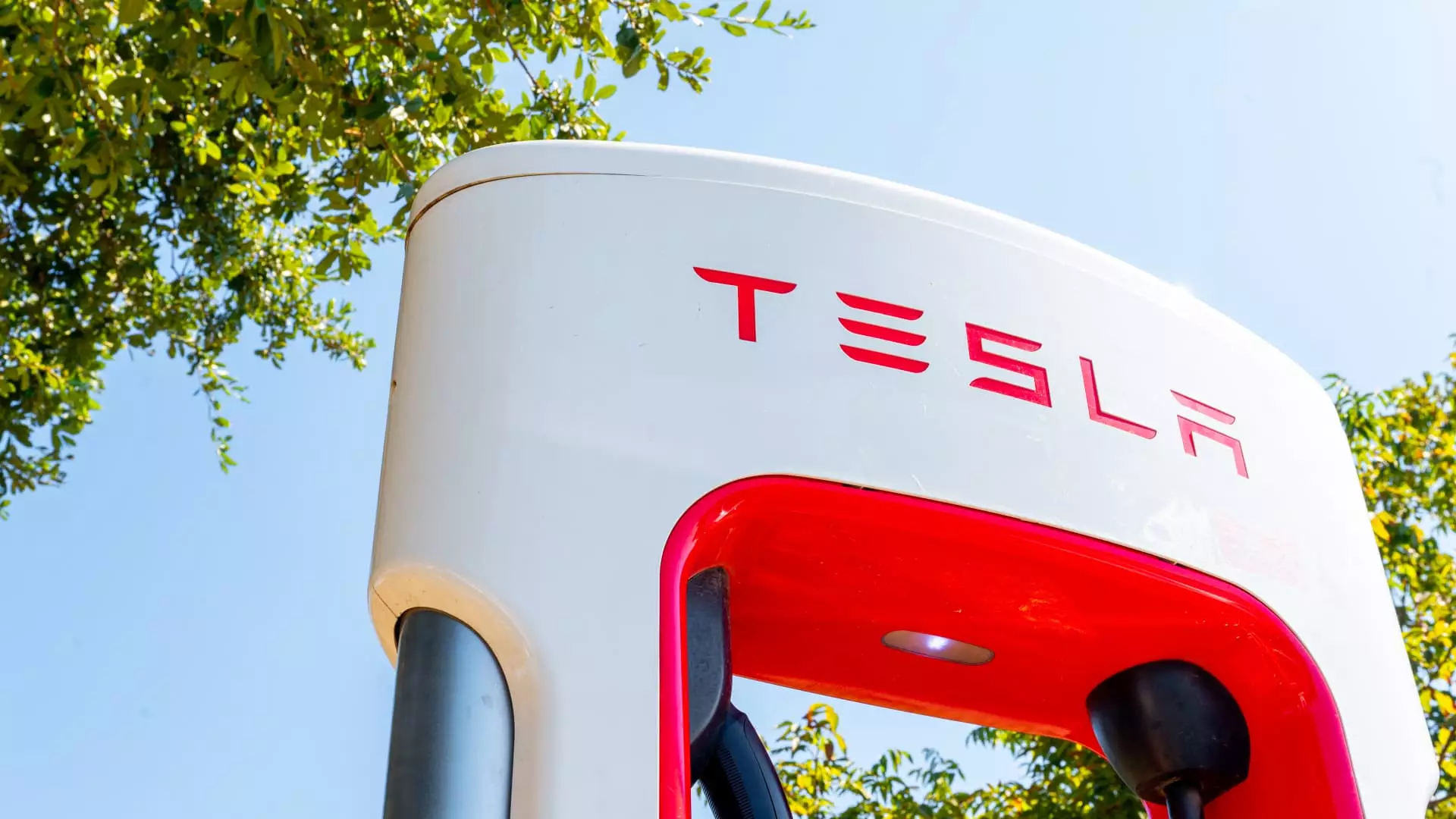The legal landscape surrounding Tesla has become increasingly contentious, highlighted by a recent lawsuit filed by the family of Genesis Giovanni Mendoza-Martinez who tragically lost his life in a 2023 car accident while using Tesla’s Autopilot feature. This incident, which involved a 2021 Model S crashing into a parked fire truck in Walnut Creek, California, has prompted serious questions about the company’s marketing practices and the safety of its autonomous driving technology. His brother, Caleb, a passenger during the incident, sustained severe injuries, raising further complications for the Mendoza family in their pursuit of justice.
The Mendoza family’s complaint, lodged in October in Contra Costa County, accuses Tesla of “fraudulent misrepresentation,” alleging that the company’s exaggerated claims about the efficacy of its Autopilot technology played a critical role in the tragic accident. As the case recently shifted from state court to federal court in the Northern District of California—a move typically seen as disadvantageous for plaintiffs in fraud claims—the implications raise eyebrows about the prospects of justice.
The family’s legal representation argues that for years, Elon Musk and Tesla have painted an overly optimistic picture of the Autopilot system, aimed at enhancing consumer interest and, by extension, the company’s financial health. This assertion relies on a collection of social media posts, blog entries, and public statements which the family alleges are misleading and potentially life-threatening.
In response, Tesla’s attorneys threw the blame back at the driver’s actions, suggesting that any potential misrepresentation had little bearing on the outcome of the crash. They maintain that Tesla’s vehicles comply with existing safety regulations and that the design of their driving systems is fundamentally safe. This defense indicates a broader strategy by Tesla to deflect responsibility by placing emphasis on user behavior instead of corporate messaging.
This aspect of the legal battle illustrates the ongoing dilemma faced by manufacturers of autonomous technology: at what point does user responsibility end, and company liability begin? Given the technology’s still-evolving nature, these questions are not only legal but ethical, illustrating a larger societal discourse about trust in tech companies.
The Mendoza lawsuit is not an isolated incident. Currently, over 15 additional cases focusing on similar allegations against Tesla are making their way through the courts, reflecting a growing scrutiny of the company’s Autopilot and Full Self-Driving (FSD) products. Significant to note is that three of these cases have also transitioned to federal courts, intensifying the spotlight on Tesla’s operations and marketing practices.
This trend underscores an emerging pattern where consumers are increasingly questioning the safety claims of companies as their technologies grow in sophistication, yet still present substantial risks. In Tesla’s case, the juxtaposition of a tech-savvy driver with a supposedly “self-driving” car raises fundamental concerns about the boundaries of user independence and machine autonomy.
Tesla is also facing increasing scrutiny from regulatory bodies like the National Highway Traffic Safety Administration (NHTSA), which has been probing the company’s Autopilot system since August 2021 due to safety concerns. In light of Mendoza’s accident, the agency is now evaluating whether Tesla’s attempts to remedy reported deficiencies have been effective. Concurrently, the California Department of Motor Vehicles has taken legal action against the company, categorizing its claims about Autopilot and FSD as false advertising.
What these ongoing investigations illustrate is a profound level of concern about the gap between public perception and reality in Tesla’s technological capabilities. As competitors in the autonomous vehicle market, like Waymo and WeRide, roll out fully operational robotaxi services, the pressure mounts on Tesla to demonstrate not just innovation, but accountability.
The tragic death of Genesis Giovanni Mendoza-Martinez serves as both a personal loss for his family and a significant touchpoint in the larger conversation about autonomous vehicle safety and corporate ethics. The legal disputes unfolding will challenge Tesla to reevaluate its claims and practices surrounding self-driving technology. As public interest in autonomous vehicles continues to rise, the outcomes of such lawsuits will shape regulatory frameworks and consumer trust in the years to come. With Tesla’s ambitious goals for the future, it remains to be seen how the company will navigate this complex landscape marred by legal challenges and public scrutiny.


Leave a Reply